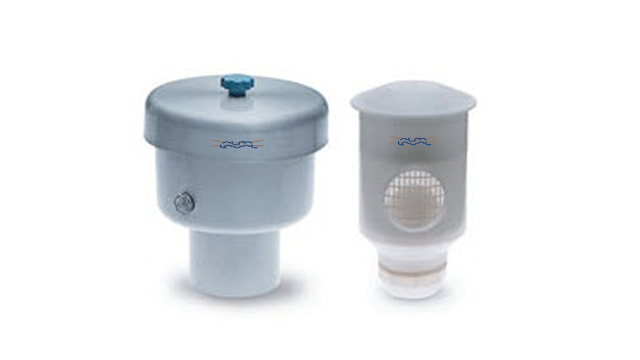Relief Valve
Alfa Laval relief valves prevent vacuum or pressure build up inside tanks or vessels used in the brewery, food and beverage, personal care and biopharm industries.
Overpressure protection
To protect against overpressure and vacuum conditions while filling or emptying the tank of liquid, Alfa Laval two-way relief valves are mounted on top of an atmospheric tank in hygienic process lines.
Product range
The Alfa Laval range of relief valves (RV) consists of two models made of either polyethylene or AISI 304/316 stainless steel. The polyethylene model is designed for product flows up to 800 hl/h and is available in four different standard sizes: RV130, RV400, RV400A and RV800. The stainless steel model is designed for more stringent hygienic requirements. It handles product flows up to 1000 hl/h and is available in two different standard sizes: RV600 and RV1000.
Product Benefits
- Overpressure protection
- Designed for product flows up to 800 hl/h
- Atmospheric tank in hygienic process lines
Product catalogue
工作原理
Operating principle
Alfa Laval two-way relief valves enable: (1) pressurized air to flow out of the tank from an auxiliary passage to prevent an overpressure condition in the tank when the tank is being filled, and (2) air outside the tank to flow into the tank from an auxiliary passage to prevent vacuum conditions in the tank when the tank is being emptied.
Polyethylene relief valve
For Alfa Laval polyethylene relief valves, there is a glass or polyethylene ball inside each of the two valve chambers. When the tank is filled, the ball inside one of the chambers is forced up to enable air to flow out of the tank. When the tank is emptied, the ball in the other chamber is forced up to enable air to flow into the tank.
Stainless steel, two-way relief valve
Alfa Laval two-way relief valves in stainless steel use the same operating principle as the Alfa Laval polyethylene relief valves, but use an oil bath instead of a glass or polyethylene ball to control the airflow. These relief valves have an oil bath located in the lower section of the valve to filter atmospheric impurities that may enter through the relief valve when emptying the tank. This safeguards product hygiene and quality by preventing atmospheric impurities from entering the tank.


